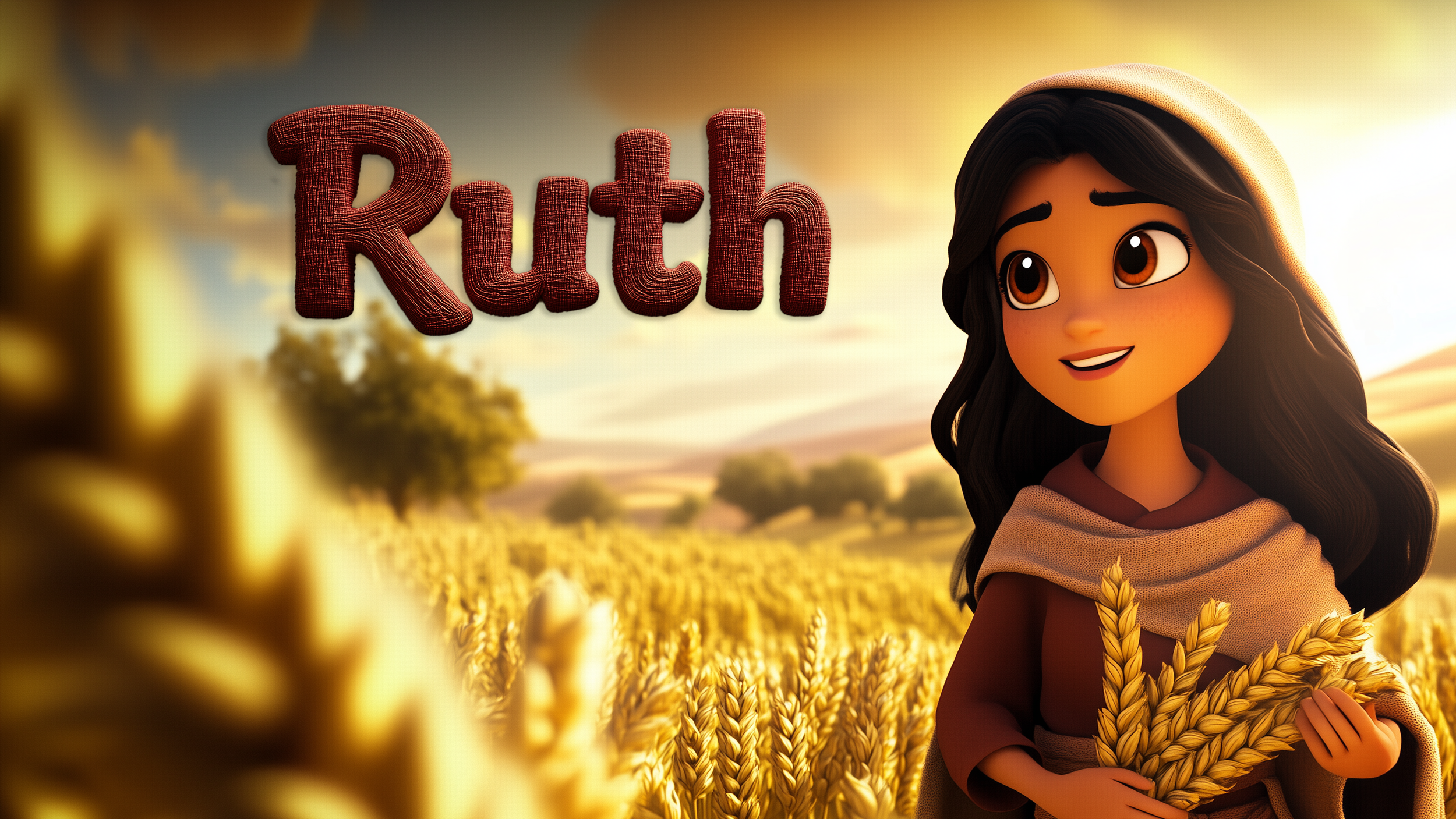Where You Go
READ
Ruth was a young Moabite woman who had married Mahlon, one of two sons of an Israelite family who had moved to Moab during a severe famine in Bethlehem. This wasn't just any family—they were followers of the God of Israel living as immigrants in a foreign land known for worshiping false gods.
Tragedy struck hard and fast. First, Naomi's husband Elimelech died, leaving her to raise two sons in a foreign country. Then, after about ten years, both sons died as well—Mahlon (Ruth's husband) and Chilion (who had married Ruth's sister-in-law Orpah). In that culture, women without husbands or sons faced destitution. They had no inheritance rights, no social security, no way to support themselves.
Picture this moment: three widows standing at a crossroads, literally and figuratively. Naomi, now elderly and bitter, is urging her daughters-in-law to return to their families in Moab, to find security and new husbands among their own people. For Ruth and Orpah, this would have been the practical choice, the safe choice, the expected choice. They were young enough to remarry and start over.
Let’s take a moment to read Ruth 1:16-17:
But Ruth replied, “Don’t urge me to leave you or to turn back from you. Where you go I will go, and where you stay I will stay. Your people will be my people and your God my God. Where you die I will die, and there I will be buried. May the Lord deal with me, be it ever so severely, if even death separates you and me.”
REFLECT
Ruth chooses love over logic, commitment over comfort. Her words aren't just poetry—they're a covenant. She's essentially saying, "Your story is now my story. Your struggles are my struggles. Your God is my God." This wasn't a temporary emotional decision; Ruth was pledging her entire future to someone else's uncertain path.
What makes this even more remarkable is that Ruth was choosing to join a people who were often hostile toward Moabites. The Moabites were descendants of Lot and had a complicated history with Israel—they had refused to help the Israelites during their wilderness wanderings and had even hired a prophet to curse them. There was deep-seated prejudice between these two peoples. Ruth was voluntarily becoming an outsider, a foreigner, a minority in a culture that viewed her people as enemies.
Understanding the desperation of their situation makes Ruth's loyalty even more stunning. Naomi had become bitter, even asking people to call her "Mara" (meaning bitter) instead of Naomi (meaning pleasant). She felt that God had dealt harshly with her, taking away her husband and sons and leaving her with nothing. This wasn't a woman who could offer Ruth anything—no dowry, no connections, no prospects. Ruth was choosing to tie her future to someone who had lost everything and had given up hope.
Ruth's loyalty teaches us that true love isn't conditional on circumstances. She didn't love Naomi because life was good—she loved her through the worst of times. Her faithfulness wasn't dependent on what she could gain, but on what she could give. In a world that often prioritizes self-interest, Ruth shows us the transformative power of selfless devotion.
This passage also reveals Ruth's spiritual journey. When she says "your God my God," she's not just making a social commitment—she's making a faith commitment. She's choosing to trust in a God she's only known through Naomi's life, even when that life has been marked by tragedy and loss.
RESPOND
Take a moment to process what God might be leading you to do in light of what you read.
How does Ruth's willingness to embrace an uncertain future challenge your own trust in God's plan?
When have you had to choose between comfort and commitment, and what did you learn from that choice?
REST
Take a moment to rest in God’s presence and consider one thing you can take away from your time reading, then close your devotional experience by praying:
Lord, give me Ruth's heart of loyalty and commitment. Help me love others not because it's easy or convenient, but because it's right. Strengthen my faith to follow You even when the path ahead seems uncertain. Amen.

